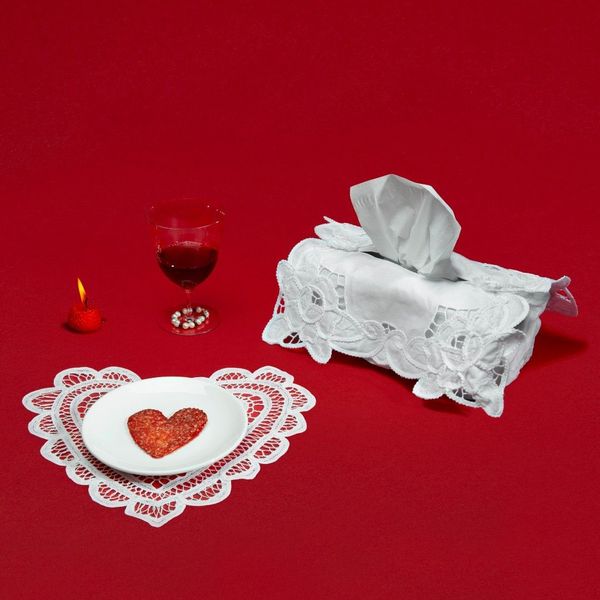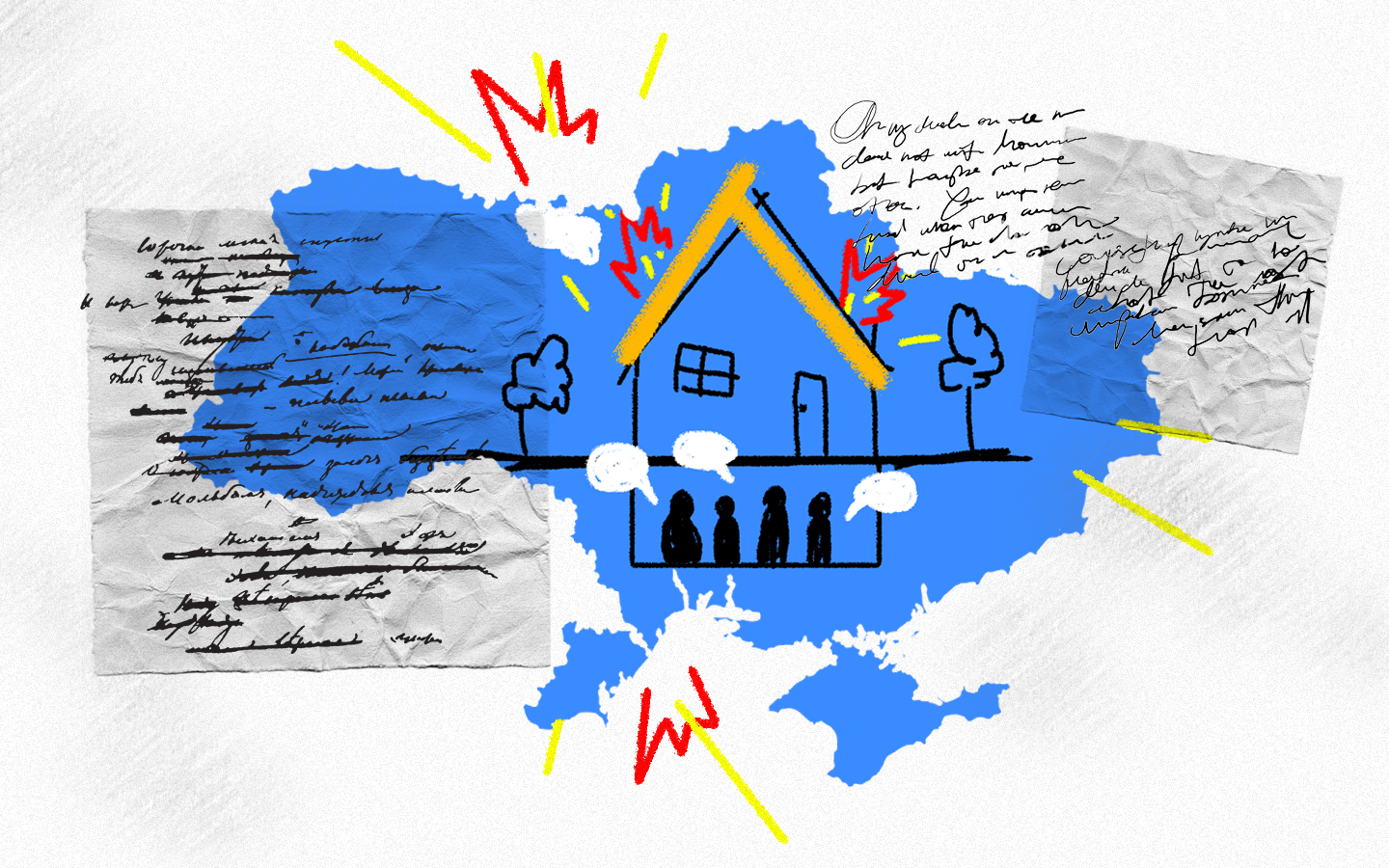Ukraine has been at war for almost a year; the Russian military forces are relentlessly attacking the country, causing enormous damage not only to Ukraine’s army and infrastructure but also to civilians. Over the past year, Ukrainians have proven their unshakeable perseverance. While the rest of the world might inevitably think of the Russian-Ukrainian war with a bit of indifference now, for the people living there, it is a daily reality. We talked about Ukraine’s reality with people who know it very well.
Between the start of the invasion and January 2023, approximately eight million people had left Ukraine. However, many of the more than 40 million Ukrainians who had the opportunity to leave decided to stay despite the invading Russian army. We spoke with a few young people from Ukraine, and they told us how they live in their (now not so) new war-torn reality.
Of the six young people interviewed, five were Ukrainian and one Hungarian; the latter lives in Transcarpathia (Zakarpattia Oblast). They live in different parts of the country, but the war affects all of them. The invasion may not mean that they are under constant threat, but the war’s consequences made the lives of all of them much harder.

A few of them live in the Kirovohrad Oblast in central Ukraine. The region’s administrative center is Kropyvnytskyi, which has been repeatedly attacked by Russia. However, according to the locals, the city is still intact; they only had to survive a few missile attacks. Young people from this area say that electricity is only available at certain times of the day and that the frequent outages dictate their daily lives. The lack of lighting sometimes leaves them in darkness for days, so planning ahead is crucial. A girl added with bitter humor that their home is probably „now more expensive than Norway.” Nonetheless, the real tragedy is when they hear about the disappearance or murder of their friends, acquaintances, and compatriots, which happens quite regularly.
A young person living in Odesa was also participating in the project. The city on the shore of the Black Sea is frequently in the news as it has often been the Russian forces’ target. Odesa has been severely hit by the war: its power plants were attacked, there are frequent power cuts, and the public transport in the city is unpredictable, often making commuting impossible. Airstrikes often hit the city, making the planning of daily activities, such as grocery shopping, impossible.
When asked about the leisure and entertainment options still available in Ukraine, all of them said that, in theory, there are places to „have fun:” cinemas and theatres are open, just as restaurants and cafés. This tries to maintain a sense of normality, but in reality, it does not bring any relief. Moreover, all these services are only available until 10 p.m., when the curfew begins, and no one can be on the streets. One respondent also added that she does not want to spend her time this way in the current tragic situation. But some people still go to the cinema; another respondent, for instance, recently went to see Babylon.
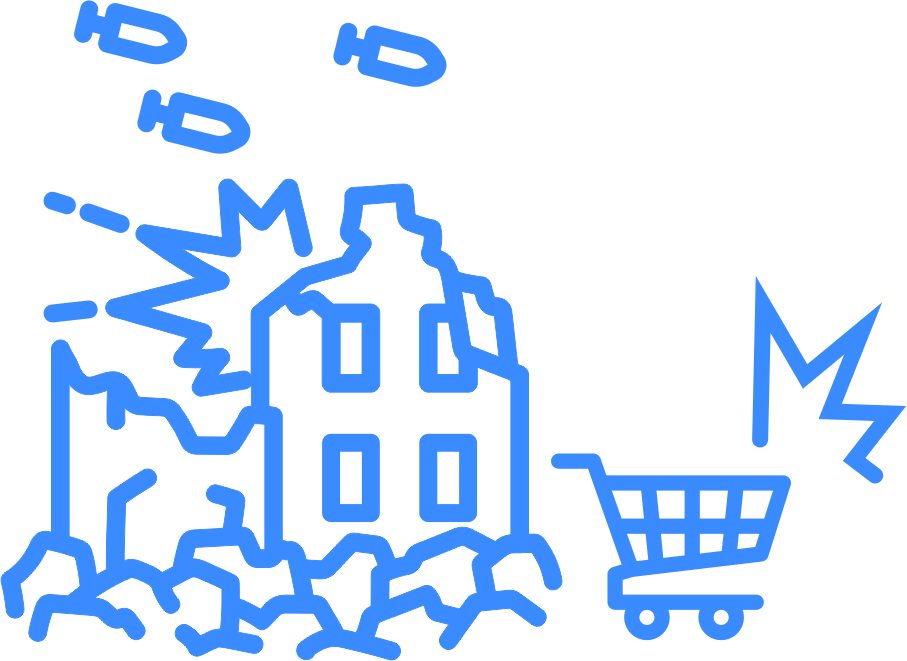
We asked the participants about their daily routines too, which is a difficult question in their case as they live under more or less constant threat, with regular power outages in a very limited living space. One of them could not even describe how he spends his days as he often just waits for lighting to come back. Others are happy to wake up in one piece since „a calm day is already a good day,” but the air raid sirens’ sound is a constant reminder that the war is still going on. Another participant said that „waking up without anxiety” symbolizes the beginning of a „good day” nowadays for her, but it is only good in reality if, indeed, no missile attack or any other form of war destruction does not happen. A respondent from central Ukraine added that the war’s moral and psychological devastation has an enormous negative impact on their lives; still, they are getting used to living with constant distress.
Some pray every day for Ukraine’s victory and for the fall of the Russians, donating to the army as often as possible. Universities are closed because of the permanent threat of missile attacks, and an interviewed student constantly keeps on thinking, „why do Ukrainians have to suffer this fate?”
We a bit naively asked the young Ukrainians what motivates them and what can give them hope in everyday life during these extremely challenging times. And the six answers were quite diverse: One of them said that morning coffee is still a prime motivator for her but added that she could not even have a cup of coffee without the perseverance of the Ukrainian army. Others also pointed out the Ukrainian military and President Volodymyr Zelensky as the main motivating force, alongside all the Ukrainians who have not left the country and are helping to defend their homeland in one way or another. Another interviewee told us that she was motivated by her belief that „in the end, God will not abandon the Ukrainian people,” while another girl said that „the current reality has to be accepted, but I know that the good will always win over the evil.” Finally, the last respondent said that by working together, Ukrainians can get through anything, and if they do, not only their nation but their love for each other will also be much stronger.
Graphics: Réka Pisla
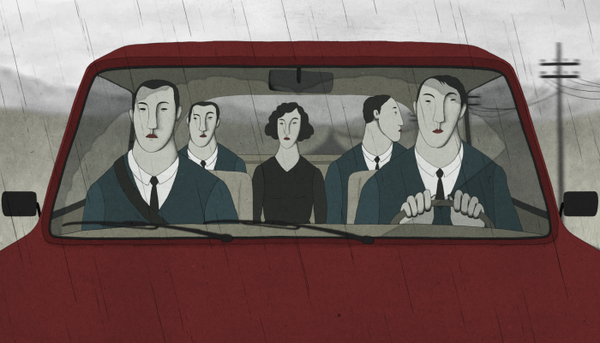
Estonian-Croatian animated film Eeva premieres at the Berlinale
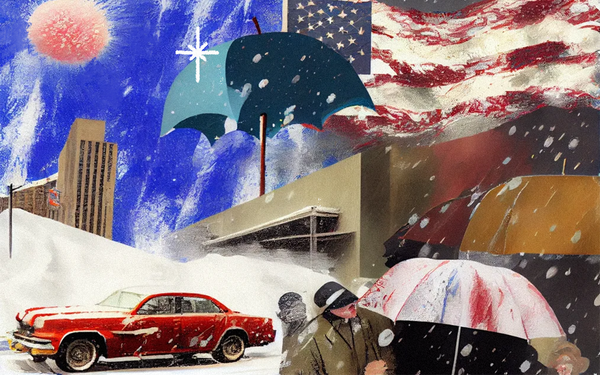
Mild winters and dry summers awaiting Europe?
